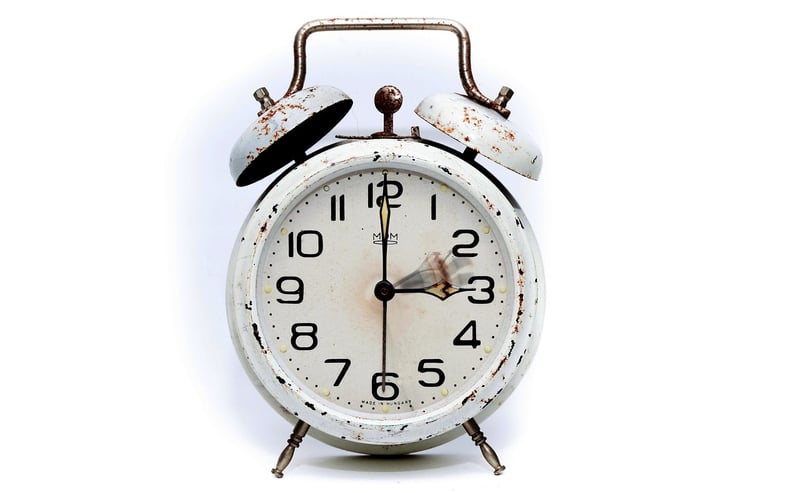Grandfather Paradox
The Grandfather Paradox: A Dive into Time Travel Complexities
Time travel has captivated the human imagination for centuries, with its allure of altering the past or exploring the future. However, delving into the concept often reveals intricate paradoxes and mind-bending complexities that challenge our understanding of causality and logic. One of the most famous and perplexing paradoxes in time travel theory is the Grandfather Paradox.
What is the Grandfather Paradox?
The Grandfather Paradox presents a scenario where a time traveler goes back in time and prevents their grandfather from meeting their grandmother, thus preventing the time traveler's own birth. This leads to a contradiction - if the time traveler was never born, how could they go back in time to prevent their own existence?
The Dilemma
This paradox raises profound questions about the nature of time, free will, and causality. If time travel were possible, would altering the past create alternate timelines or result in a single fixed timeline? The implications of the Grandfather Paradox extend far beyond mere speculation, delving into the heart of theoretical physics and philosophy.
Proposed Solutions
Various theories have been proposed to address the Grandfather Paradox. Some suggest that the universe would self-correct to prevent paradoxical events from occurring, leading to strange twists of fate or unexpected consequences. Others argue for the existence of parallel universes, where changes in the past create new timelines diverging from the original reality.
Conclusion
As we unravel the complexities of time travel and paradoxes like the Grandfather Paradox, we are confronted with profound mysteries that challenge our very understanding of existence. Whether time travel will ever become a reality remains to be seen, but exploring these enigmatic concepts fuels our imagination and pushes the boundaries of what we perceive as possible.

For more information on time travel and related paradoxes, you can visit here.
